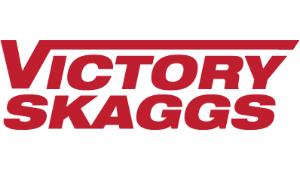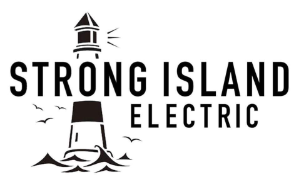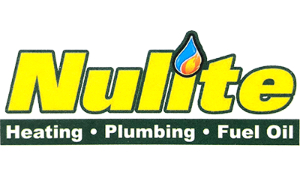Reduced GHG Emissions? Yes, please! Forced Electrification? No Thanks!
Skaggs-Walsh is an advocate for the fight against climate change. We also support New York’s goal to reduce greenhouse gas emissions 85% by 2050. But the method proposed by state legislators is anything but effective.
There’s a new law being considered right now that could a heavy impact on New York homeowners such as yourself. If this law passes, you would be forced to pay anywhere from $20k to $40k to install heat pumps and remove your oil-fired boiler or furnace.
This line of thinking, while the intentions are good, is flawed for several reasons:
- Heat pumps aren’t very effective in cold climates. That’s why of the 90% of homes that add heat pumps, 80% keep their current boiler or furnace for their main source of heat.
- Installing heat pumps is very expensive. Overall it could cost you up to $40k to replace your heating equipment. That’s not including the increase in electricity bills!
- The power grid can’t support electric heating. Grid operators are already warning that the Northeast is at “heightened risk” of power outages during the winter due to insufficiency energy supply.
- Electric power plants typically run on fossil gas and coal, which emit carbon and methane. To produce the electricity necessary for this change, we’d actually be producing more fossil fuel emissions.
The plan to electrify New York is a needless one. A tried-and-true solution for reducing greenhouse gas emissions already exists for heating oil users throughout the state: Bioheat® fuel!
Our Bioheat® fuel is a “drop-in” fuel. It’s made with renewable biodiesel and works in any oil-fueled heating system. So there’s absolutely no need to spend tens of thousands of dollars on equipment replacement.
If you would rather not change your heating equipment, and prefer to rely on our Bioheat® fuel for your home heating needs, make your voice heard! Tell your State Senator and Representative that Bioheat® fuel is the smartest way to lower New York’s greenhouse gas emissions. The deadline to take action is July 1.






